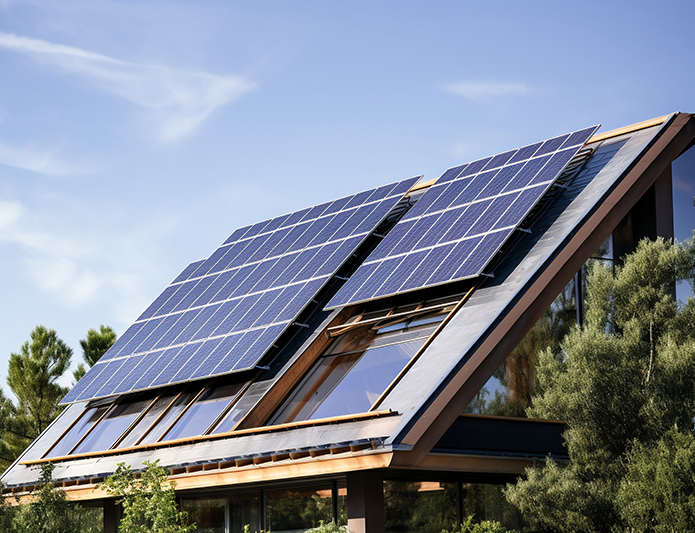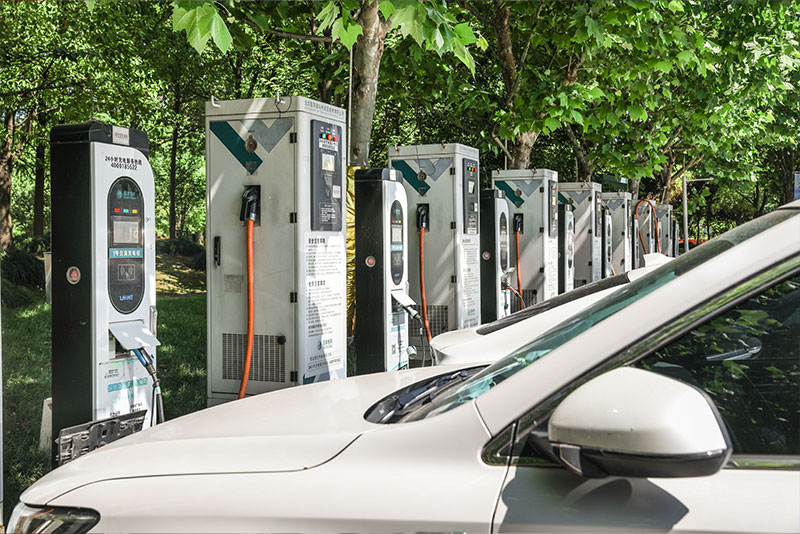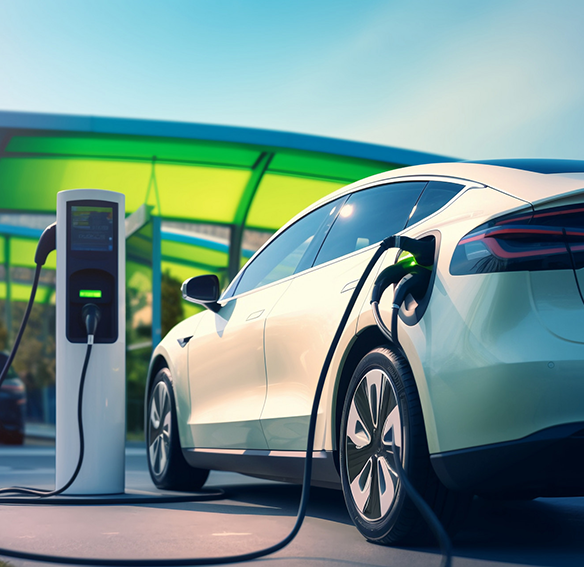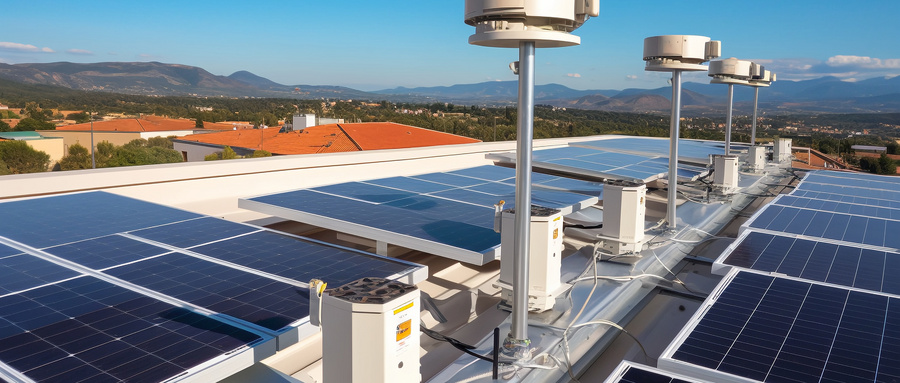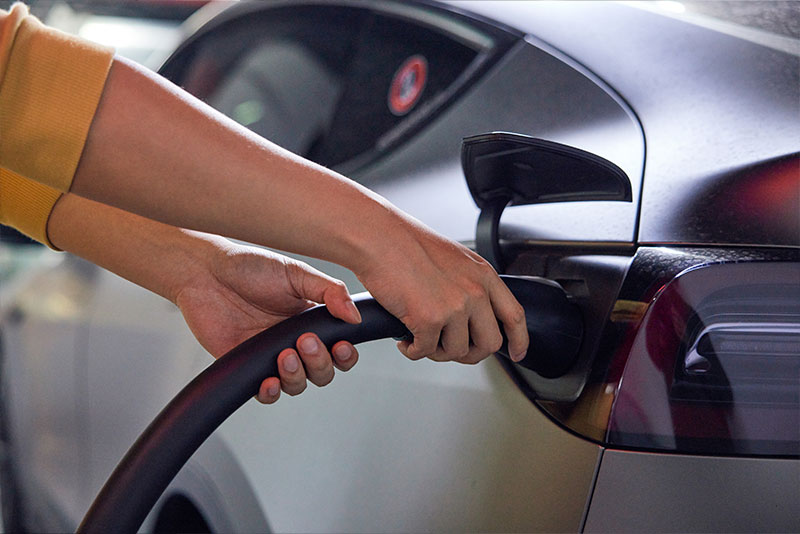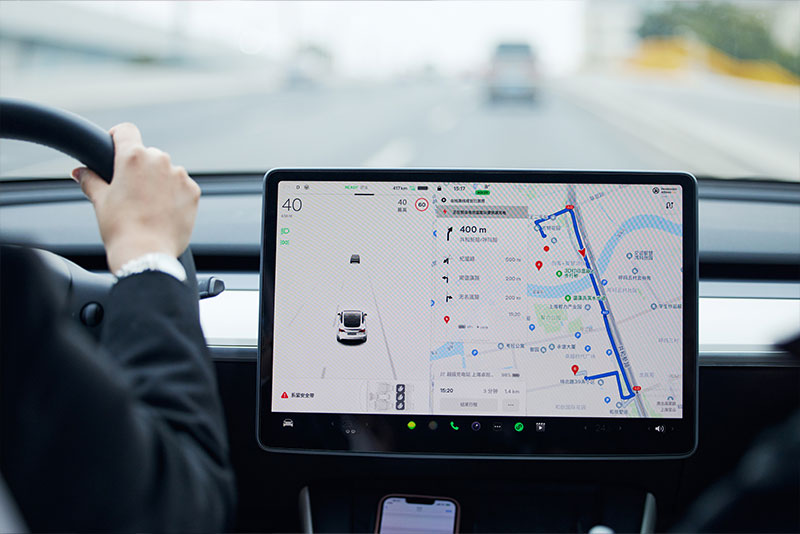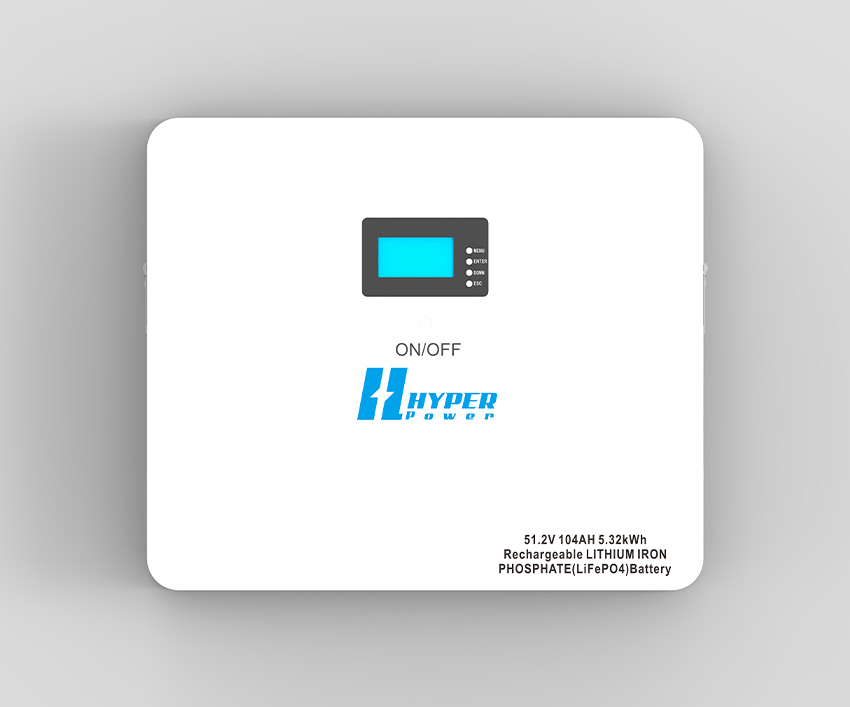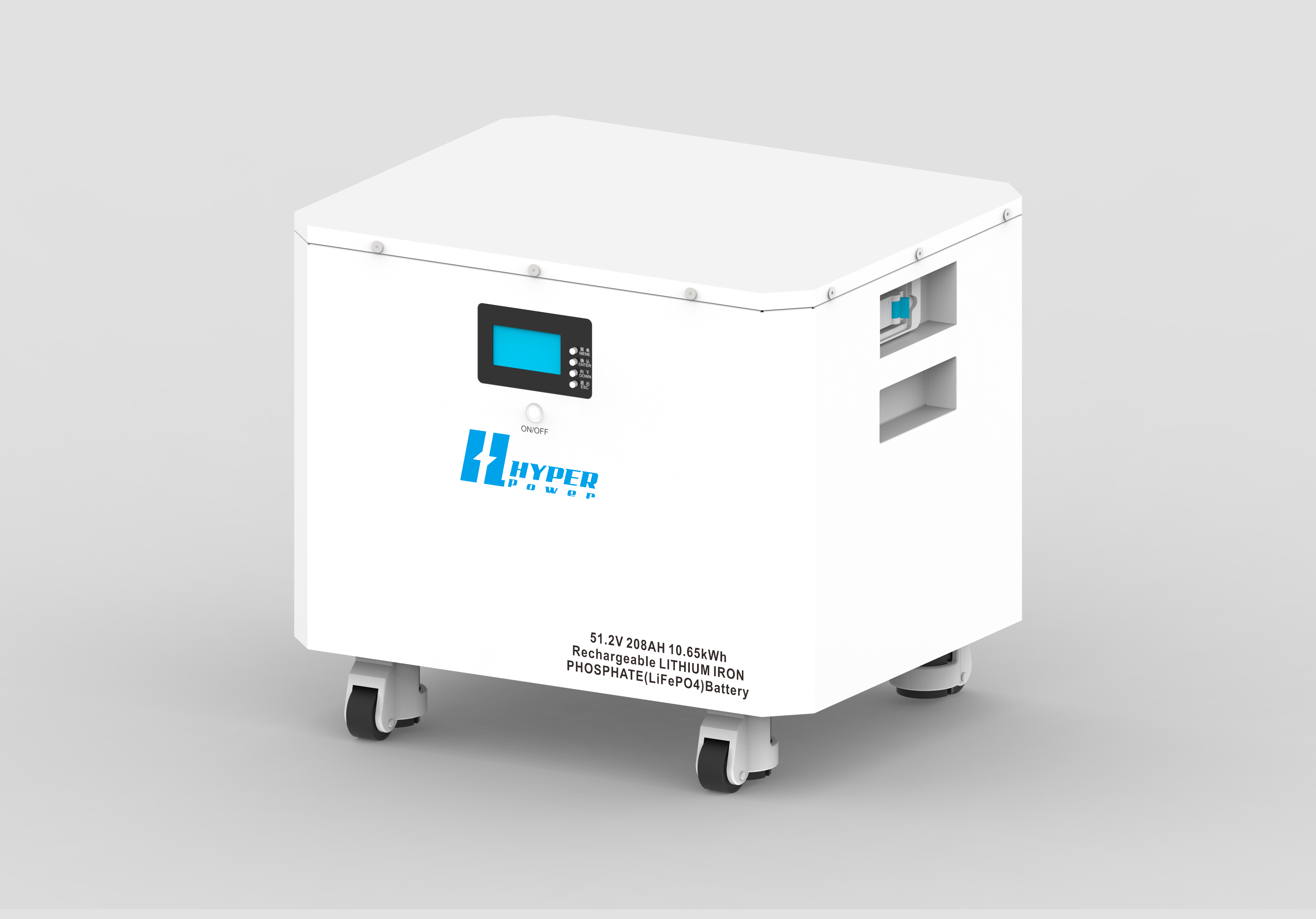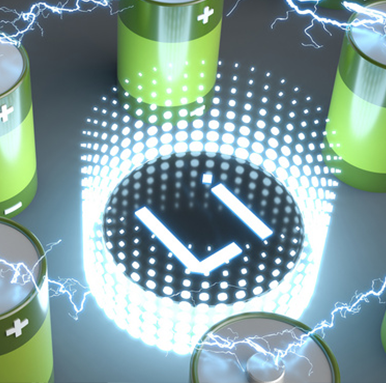Residential Energy Storage Systems and Household Lithium Batteries: Powering the Future of Home Energy
In recent years, residential energy storage systems have become a cornerstone of modern home energy solutions. As the demand for clean and sustainable energy grows, more households are turning to energy storage systems and household lithium batteries to optimize their energy use. This shift is largely driven by advancements in lithium-ion phosphate battery technology, which offers improved efficiency, longer life cycles, and enhanced safety. These systems are helping homeowners not only reduce their dependence on the grid but also cut down on energy costs, contributing to a more sustainable future.
What Is a Residential Energy Storage System?
A Residential Energy Storage System (RESS) is a technology that allows homeowners to store electricity for later use. It typically consists of an energy storage device, such as a household lithium battery, paired with an energy management system. This setup enables homeowners to optimize their electricity use by storing excess energy generated from solar panels or the grid during off-peak hours and utilizing it during peak times or when the grid is unavailable.
The primary goal of a residential energy storage system is to enhance energy efficiency, reduce reliance on the traditional grid, and provide backup power during outages. The advent of lithium-ion phosphate batteries has made these systems more accessible and practical for everyday use, transforming home energy management.

The Growing Demand for Home Energy Solutions
With rising energy costs, increased power outages, and a global push toward renewable energy, the demand for home energy storage solutions has surged. The integration of residential energy storage systems into modern households is a response to these challenges, as well as a commitment to sustainability.
Homeowners are increasingly looking for ways to reduce their carbon footprint and lower their energy bills. Solar power, combined with efficient storage solutions like household lithium batteries, offers a reliable and environmentally friendly solution. These systems enable households to store excess energy generated during the day, ensuring a steady energy supply even during the night or on cloudy days.
How Residential Energy Storage Systems Work
A Residential Energy Storage System typically operates by capturing energy from renewable sources like solar panels or the electrical grid and storing it in a household lithium battery for later use. The process involves several key components:
Energy Input: The system collects energy from solar panels or other sources.
Energy Storage: Excess energy is stored in the battery, such as a lithium-ion phosphate battery.
Energy Management: The system manages the flow of energy, ensuring that stored energy is utilized efficiently when needed.
Energy Output: During peak energy demand or power outages, the system releases the stored energy to power the household.
This energy management allows homeowners to optimize their energy use and become more self-reliant, minimizing their dependency on the grid.
Household Lithium Battery: A Key Component
At the heart of every residential energy storage system is the household lithium battery, a cornerstone of modern energy management. Lithium-ion technology has risen to prominence as the industry standard for energy storage, thanks to its superior energy density, long cycle life, and relatively low maintenance requirements.
Lithium-ion batteries excel in storing energy efficiently, allowing homeowners to harness and release power as needed. This capability provides reliable backup power during electrical outages, ensuring that essential devices and appliances remain operational. Moreover, these batteries play a crucial role in reducing electricity costs. By storing energy during off-peak hours, when electricity rates are lower, homeowners can draw upon this stored power during peak times, thus avoiding higher electricity costs and enhancing overall energy efficiency.
Compared to traditional lead-acid batteries, lithium-ion batteries offer several advantages. They are significantly lighter, which simplifies installation and reduces space requirements. Additionally, their efficiency in energy storage and longer lifespan translate to fewer replacements and lower long-term costs. This combination of efficiency, durability, and cost-effectiveness makes lithium-ion technology the preferred choice for modern residential energy storage solutions.
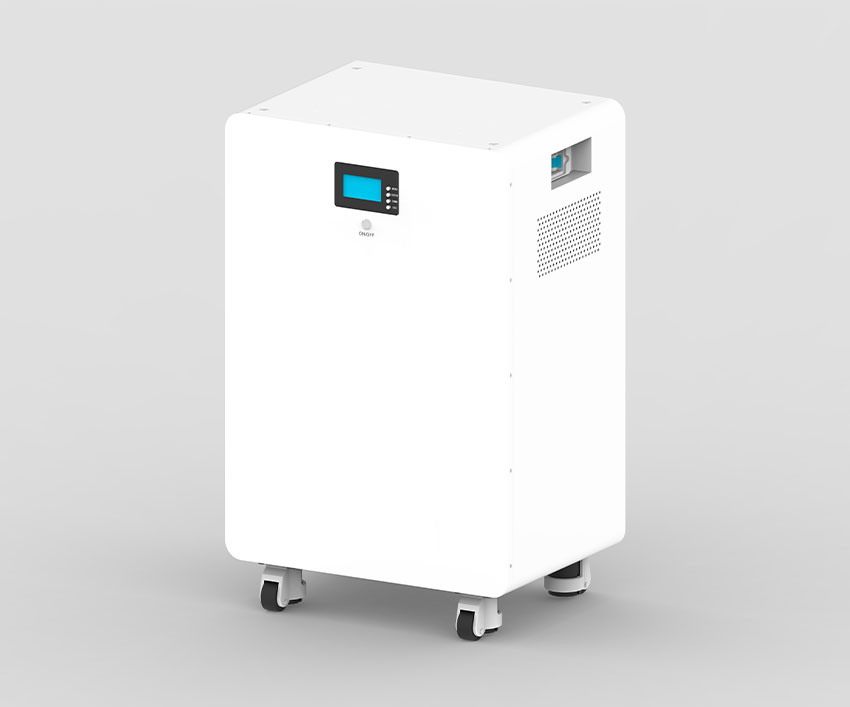
Lithium-ion Phosphate Battery: The Future of Home Energy Storage
One of the most significant advancements in battery technology is the lithium-ion phosphate battery (LiFePO4), a subtype of lithium-ion technology. This battery type offers several key advantages over traditional lithium-ion batteries, making it a leading choice for residential energy storage systems.
Improved Safety: Lithium-ion phosphate batteries are more chemically stable, reducing the risk of overheating or combustion.
Longer Lifespan: These batteries offer thousands of charge cycles, often lasting over a decade with proper maintenance.
Higher Efficiency: Lithium-ion phosphate batteries have a higher charge efficiency, meaning more of the stored energy can be used.
As more households adopt renewable energy solutions, lithium-ion phosphate batteries are becoming essential components for sustainable home energy systems.
Benefits of Residential Energy Storage Systems
Investing in a Residential Energy Storage System offers numerous benefits for homeowners, including:
Energy Independence: Homeowners can store excess solar energy or electricity from the grid, reducing reliance on external energy sources.
Cost Savings: Storing energy during off-peak times and using it during peak hours can significantly reduce electricity bills.
Backup Power: Energy storage systems provide backup power during outages, ensuring homes remain powered even when the grid is down.
Environmental Sustainability: By integrating renewable energy sources, such as solar power, with energy storage systems, households can significantly reduce their carbon footprint.
These benefits are driving the widespread adoption of energy storage solutions, making them an essential part of future home energy infrastructure.
Key Applications of Household Lithium Batteries
Household lithium batteries have become crucial in modern homes due to their versatile applications and efficiency. One primary function is providing backup power during blackouts or grid failures. When the electricity supply is interrupted, these batteries can deliver immediate power, ensuring that essential appliances like refrigerators, medical devices, and lighting continue to operate, thereby maintaining household comfort and safety.
Another significant use is solar energy storage. Homeowners with solar panel systems can store the surplus energy generated during sunny periods in lithium batteries. This stored energy can then be utilized when the sun isn't shining, ensuring a continuous power supply and enhancing the efficiency of the solar power system.
Lithium batteries also play a role in peak shaving. By storing energy during off-peak times when electricity rates are lower, homeowners can use this stored energy during peak demand periods. This helps avoid the higher costs associated with peak-time electricity rates, leading to potential savings on utility bills.
For off-grid living, lithium batteries offer a reliable energy storage solution for homes in remote areas or those seeking to disconnect from the traditional power grid. This capability ensures a consistent and independent power supply, making lithium batteries an indispensable component of modern home energy solutions.
Integration with Renewable Energy Sources
One of the most compelling advantages of residential energy storage systems is their ability to integrate seamlessly with renewable energy sources, particularly solar power. Solar panels generate the majority of their electricity during the day, a time when household energy consumption is often relatively low. Without a storage solution, this surplus energy is typically either sent back to the grid or goes to waste, diminishing the overall efficiency of the solar energy system.
By incorporating a residential energy storage system, excess solar energy can be captured and stored in a household lithium battery. This stored energy becomes available for use during times when solar generation is minimal, such as at night or on cloudy days. This capability not only enhances the efficiency of the solar power system but also reduces reliance on the grid, leading to lower electricity bills and a smaller carbon footprint.
In essence, the integration of lithium-ion batteries with solar power systems allows homeowners to make the most of their renewable energy investments. It ensures that the energy produced is used more effectively and consistently, providing greater energy independence and contributing to a more sustainable energy future.
Off-Grid and Backup Power Solutions
For homeowners aiming to live off the grid or those residing in areas with unreliable grid power, residential energy storage systems offer a vital solution. By integrating a household lithium battery with renewable energy sources such as solar or wind, homes can attain complete energy independence. This setup ensures that energy is continuously available, even in the absence of a traditional power grid, enabling a self-sufficient and sustainable lifestyle.
In grid-tied systems, these batteries provide a valuable backup power source during outages, which can be crucial in situations such as natural disasters or grid failures. When the grid is down, the stored energy in lithium batteries can maintain essential household functions. This includes powering critical systems like lighting, refrigeration, and communication devices, which are essential for safety, comfort, and connectivity during power interruptions.
By offering both off-grid and backup power solutions, residential energy storage systems enhance energy resilience and reliability, making them indispensable for modern households seeking greater control over their energy needs and increased protection against power disruptions.
Cost Savings and Energy Efficiency
One of the most appealing aspects of residential energy storage systems is their potential for substantial cost savings. By storing energy during off-peak hours, when electricity rates are lower, and using it during peak demand times, homeowners can significantly reduce their electricity bills. This strategic use of stored energy helps to avoid the higher rates typically associated with peak periods, leading to more economical energy consumption.
Additionally, homes equipped with lithium-ion phosphate batteries—known for their high efficiency and extended lifespan—can realize even greater savings. Compared to traditional battery types, lithium-ion phosphate batteries offer superior performance, with higher energy density and longer service life, which means fewer replacements and lower long-term maintenance costs.
The ability to efficiently store and utilize energy not only maximizes the benefits of renewable energy sources but also enhances overall energy management. This makes residential energy storage systems not only a smart choice for immediate cost savings but also a wise long-term investment in both economic and environmental terms.
Safety and Longevity of Lithium-ion Phosphate Batteries
Lithium-ion phosphate batteries, also known as lithium iron phosphate (LiFePO4) batteries, provide substantial safety benefits over traditional lithium-ion batteries. One of their key advantages is their enhanced chemical stability, which significantly reduces the risk of overheating, thermal runaway, or combustion. This improved safety profile makes them a particularly suitable choice for home energy storage, where safety is a critical concern.
Beyond their safety features, lithium-ion phosphate batteries are renowned for their extended lifespan. They typically last over 10 years with minimal degradation, which is a notable improvement over many other battery types. Their robust construction allows them to withstand thousands of charge-discharge cycles without significant loss of performance. This durability not only ensures a longer service life but also translates to lower replacement and maintenance costs over time.
Overall, the combination of superior safety, longevity, and resilience makes lithium-ion phosphate batteries a cost-effective and reliable solution for residential energy storage, offering both peace of mind and long-term value for homeowners.
Environmental Impact of Household Lithium Batteries
As the world increasingly focuses on greener energy solutions, evaluating the environmental impact of energy storage technologies becomes essential. Household lithium batteries, particularly lithium-ion phosphate (LiFePO4) models, present a more environmentally friendly option compared to traditional energy storage technologies like lead-acid batteries.
Lithium-ion phosphate batteries offer several environmental advantages. They are more energy-efficient, meaning they can store and release energy with fewer losses compared to lead-acid batteries. Their extended lifespan also contributes to a lower environmental footprint, as these batteries typically last over a decade and can endure thousands of charge-discharge cycles without significant degradation. This durability reduces the frequency of replacements and, consequently, the amount of battery waste generated.
Moreover, the integration of household lithium batteries with renewable energy sources, such as solar panels, plays a significant role in reducing a home's carbon footprint. By storing excess solar energy and using it during non-sunny periods, these batteries help decrease reliance on fossil fuels and contribute to lowering overall greenhouse gas emissions. This synergy supports global efforts to combat climate change, making lithium-ion phosphate batteries a more sustainable and responsible choice for residential energy storage.
Installation and Maintenance Considerations
Installing a residential energy storage system generally involves integrating a household lithium battery with either a solar energy system or the electrical grid. For optimal safety and efficiency, professional installation is highly recommended. Experts ensure that the system is set up correctly, adhering to all safety standards and operational guidelines, which helps prevent potential issues and ensures reliable performance.
While lithium-ion phosphate batteries are known for their low maintenance needs, it is still important for homeowners to periodically inspect the system. Routine checks can identify any emerging issues before they become significant problems, helping to extend the lifespan of the battery and maintain its efficiency. Regular monitoring ensures that the system operates at its best, maximizing the benefits of stored energy and contributing to overall energy savings.
By combining professional installation with routine inspections, homeowners can ensure their residential energy storage system remains reliable and effective, providing long-term value and contributing to a more sustainable energy future.

Conclusion
In conclusion, residential energy storage systems and household lithium batteries represent the future of home energy management. With the advent of lithium-ion phosphate batteries, homeowners now have access to safer, more efficient, and longer-lasting energy storage solutions. Whether it's reducing reliance on the grid, cutting down on energy costs, or integrating renewable energy sources, these systems offer a practical and sustainable solution for modern households.
As technology continues to advance and the demand for clean energy grows, residential energy storage systems will become an integral part of everyday life, powering homes and contributing to a greener, more energy-efficient future.
Blog

Maximizing Energy Independence with Home Lithium Battery Storage

How Residential Photovoltaic Energy Storage Systems Empower Sustainable Homes
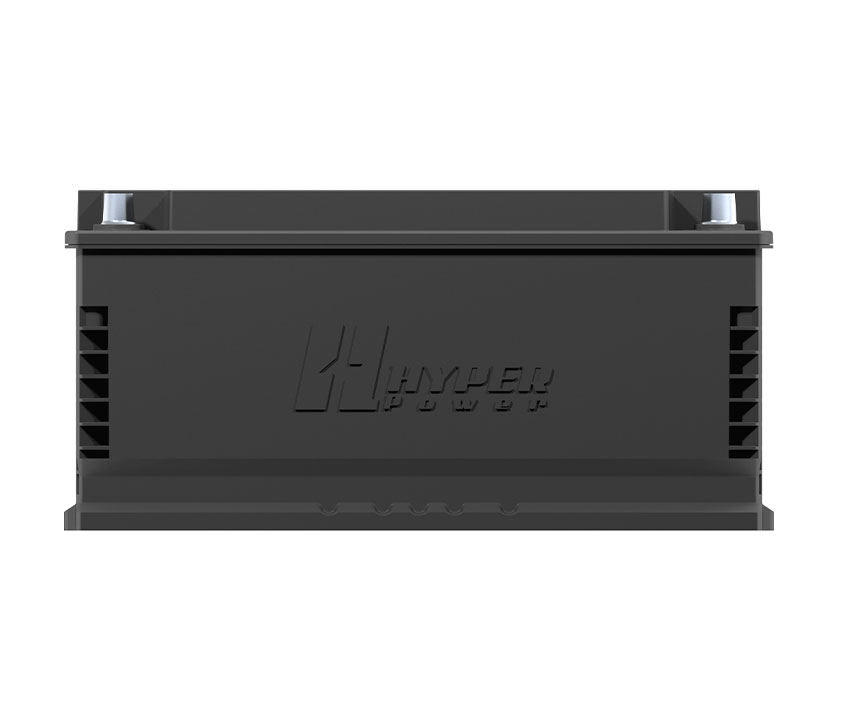
Why the 12V Lithium Ion Car Battery is the Smarter Automotive Power Solution — Insights from JEJE Energy
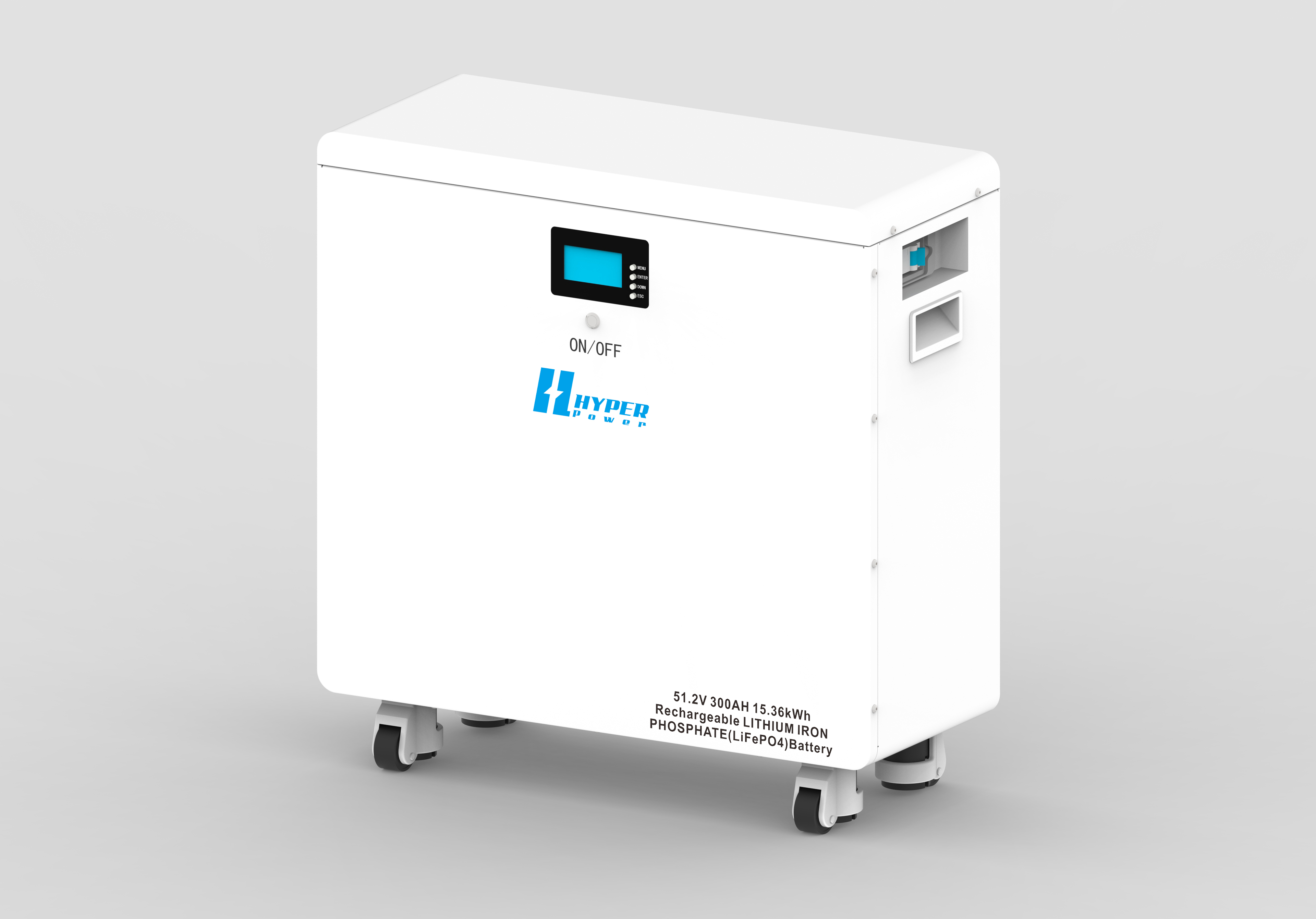





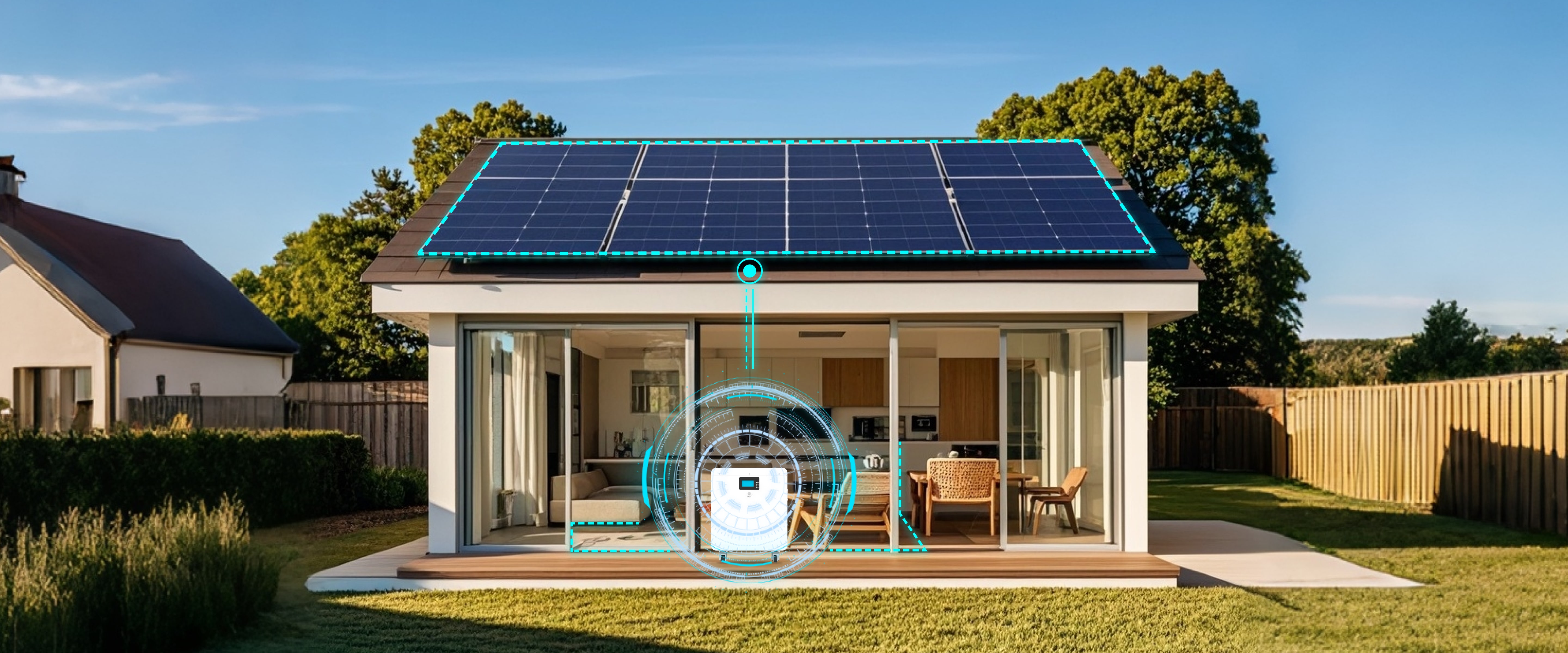



-Charging.png)
.jpg)






